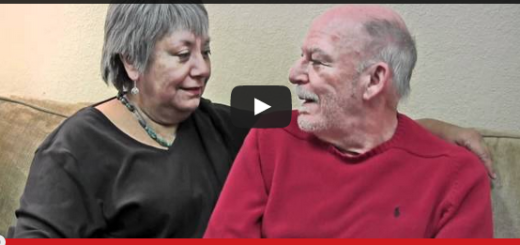Dad has Alzheimer’s
I have shared before that my maternal grandmother and my wife’s mom were lost to Alzheimer’s. We lost my grandmother in a time when the professionals and family said she was “senile.” My mother-in-law lived independently until she was 92 and died at 99 – sadly, a very typical case
Now my dad has Alzheimer’s (enough of this!). I’m half way across the country and getting my own personal case study in long distance engagement, how the health care system deals with our condition, what’s different in rural America, why people might not diagnose Alzheimer’s and how a different approach could save the system money.
My father, 90 years old, has many health problems and he’s unlikely to survive the year, so I can understand why his doctor doesn’t prioritize his Alzheimer’s. I think the doctor is probably like many: he doesn’t see much of what he can do for my dad and has more or less written him off. In fairness, he has prescribed Namenda, one of the four drugs approved by the FDA to treat Alzheimer’s. My mom thinks it has calmed some of Dad’s agitation and inappropriate language.
No one has told Dad we think he has Alzheimer’s, I think in large part because we focus on his more acute issues and the pain they cause. However, if I’m honest with myself, part of it is because we don’t want to face it ourselves and we’re worried about how he would react.
My mom had to sell some property last fall that my folks had owned together for years. She had a very difficult time with it because she couldn’t successfully involve him, yet she couldn’t bring herself to be “lie to him.” I tried to help her see that she was acting in his best interests and that if he were well, he would have understood.
It’s his dementia that makes his care problematic for my mom. He’s difficult and unappreciative of her efforts and this threatens his care. What would have the most positive impact on this situation would be for some trained professional – a social worker or nurse or one of our program staff – to come to their house and see my dad and have coffee with my mom for an hour once a week. It could save the system money -“no, Phyllis, there’s really no need to drag Bill 100 miles to the eye doctor” – would encourage her to continue taking care of him -“you’re doing a great job!” and that would save months of Medicaid coverage of long term care.
We need an approach that focuses on outcomes rather than meds or procedures, an approach that would view my mom as part of my father’s health care.

















